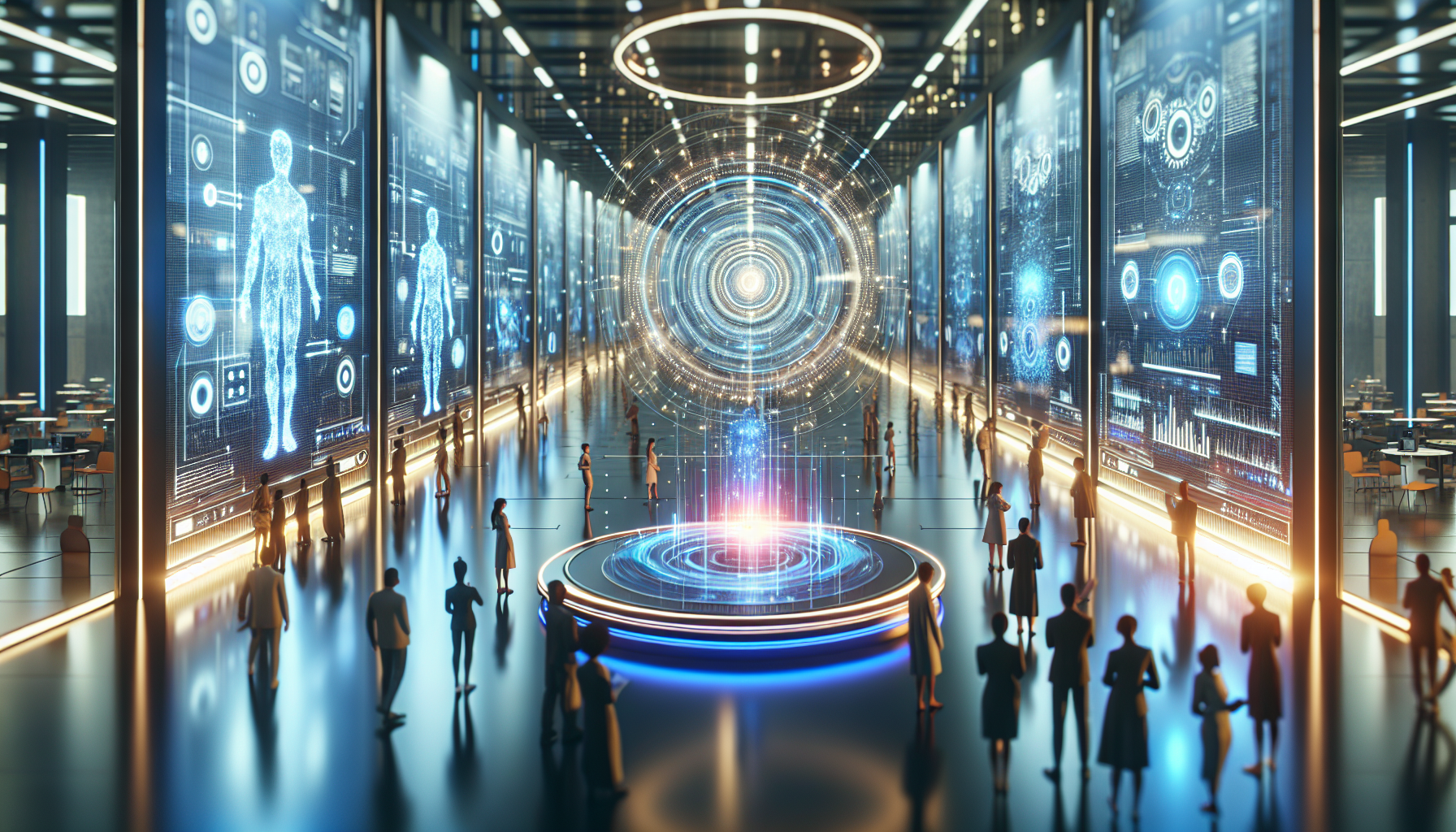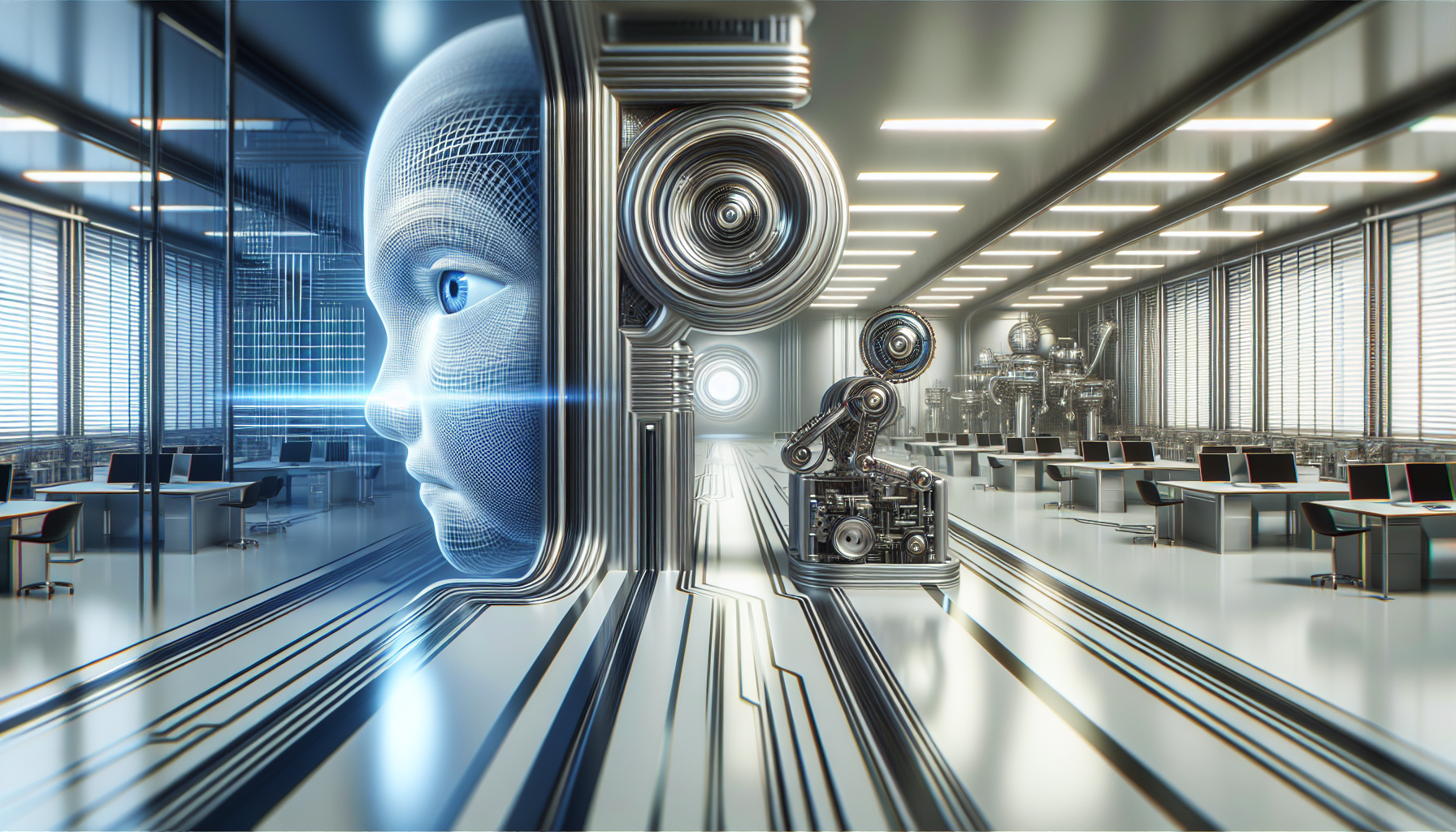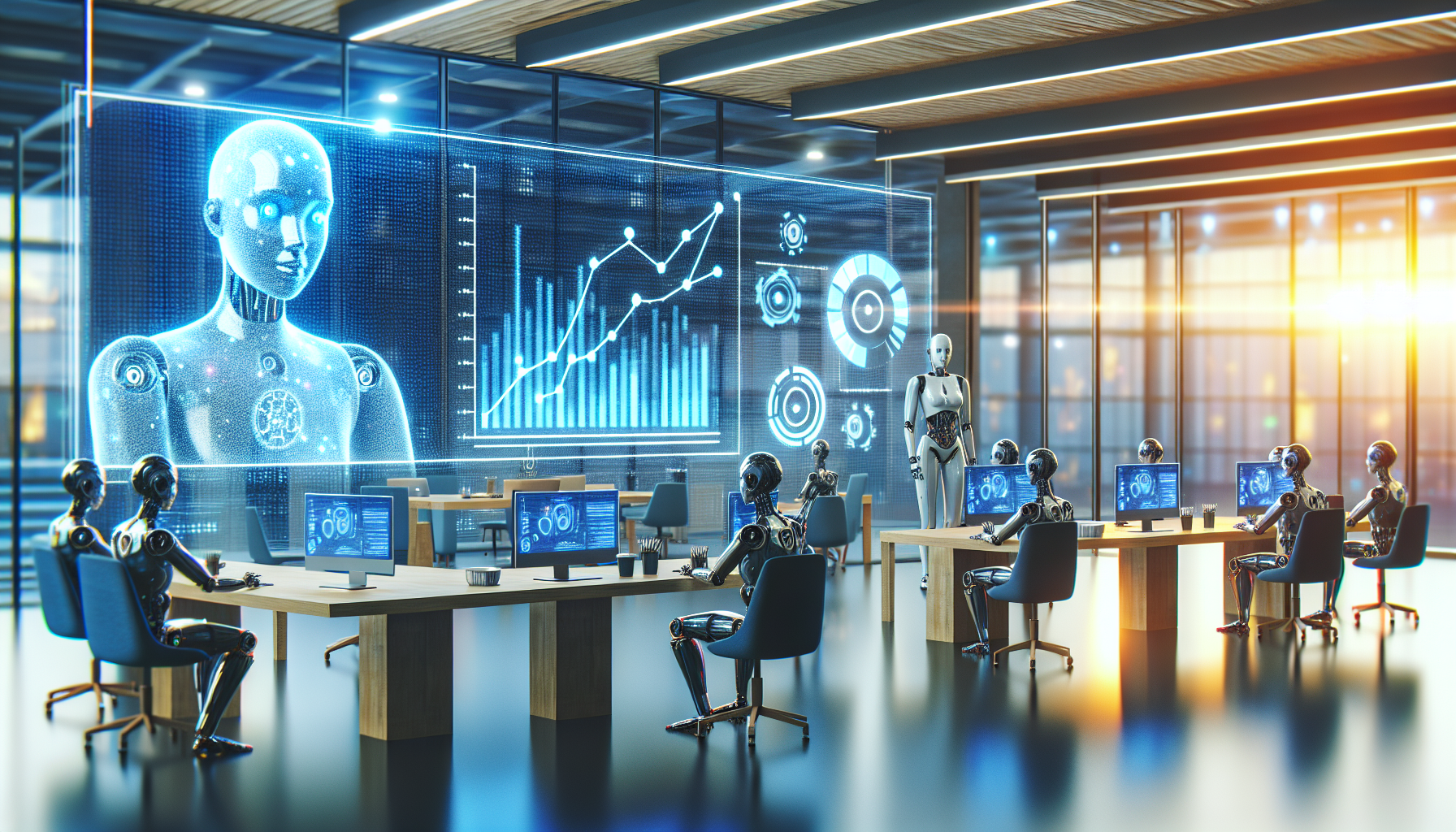
The Economic Impact of AI: Growth and Displacement-Future Predictions
August 25, 2025
Artificial Intelligence (AI) is reshaping economic landscapes globally. As AI technologies advance, they promise not only unprecedented growth but also significant displacement across various sectors. Speculating on future scenarios, experts predict that AI will redefine the contours of economic interaction, fostering both innovation and disruption.
AI's potential to augment productivity is vast. By automating routine tasks, AI enables companies to achieve higher efficiency levels, which in turn can lead to increased economic output. Industries ranging from manufacturing to healthcare are witnessing AI-driven transformations that streamline operations and enhance decision-making processes. Automated systems in manufacturing are reducing production costs and increasing output quality, while AI in healthcare is revolutionizing diagnostics, patient care, and administrative efficiency.
The economic growth attributable to AI is projected to be substantial. Businesses leveraging AI technologies can expect to realize significant cost savings and revenue growth. AI can analyze massive datasets to uncover market trends and consumer preferences with unparalleled accuracy, allowing companies to tailor their strategies to optimize profits. This capability is not only beneficial for established enterprises but also paves the way for startups to innovate and compete in niche markets.
However, the rapid integration of AI also raises concerns about job displacement. Automation of tasks traditionally performed by humans could result in substantial workforce shifts. Jobs that involve routine, repetitive tasks are particularly vulnerable, as AI systems can perform these functions more efficiently and without error. This shift necessitates a reevaluation of workforce skills and the development of new competencies to remain relevant in an AI-driven economy.
To address these challenges, some governments and organizations are investing in reskilling and upskilling programs. These initiatives aim to equip workers with the skills needed to thrive in an AI-augmented workplace. By focusing on enhancing digital literacy and fostering innovation, these programs seek to mitigate the potential adverse impacts of AI on employment.
While the displacement of certain jobs is inevitable, AI also creates new opportunities. The development, maintenance, and oversight of AI systems require a skilled workforce adept in data science, machine learning, and AI ethics. The demand for professionals in these areas is surging, leading to the creation of roles that did not exist previously. Furthermore, AI can stimulate job creation in sectors that benefit indirectly from technological advancement, such as education and training.
The impact of AI on the global economy is not uniform. Developed nations, with their robust technological infrastructures and resources, are better positioned to capitalize on AI advancements, potentially widening the economic gap with developing countries. However, emerging economies can leverage AI to leapfrog traditional development stages, employing technology to overcome infrastructural challenges and improve living standards.
AI's influence extends beyond the economic sphere, affecting societal structures and ethical considerations. As AI systems become more integrated into daily life, questions about privacy, security, and bias in AI algorithms become increasingly pertinent. Addressing these issues requires a collaborative approach involving policymakers, technologists, and ethicists to ensure that AI's benefits are equitably distributed and its risks are minimized.
In contemplating the economic impact of AI, it is essential to consider both growth and displacement. The dual nature of AI's influence necessitates a balanced approach that encourages innovation while safeguarding against potential socioeconomic disruptions. As we look to the future, the question remains: How can societies harness the transformative power of AI to foster inclusive and sustainable economic growth?


